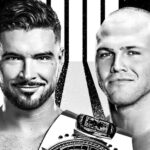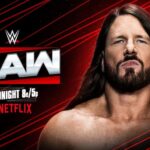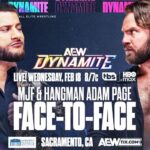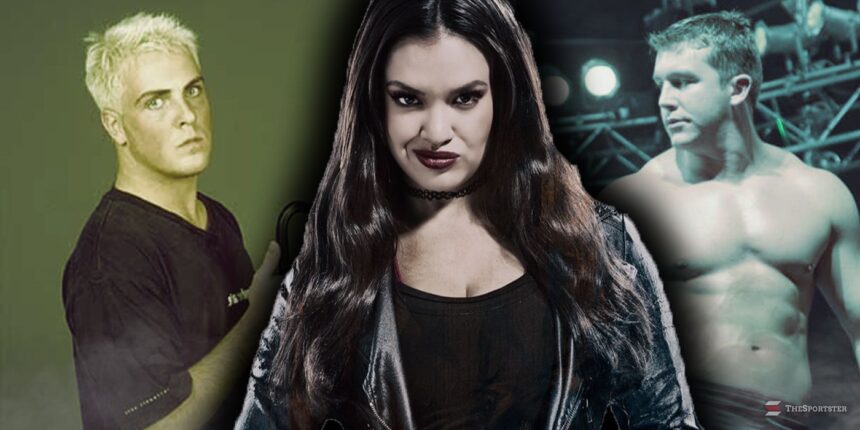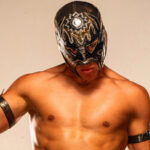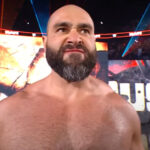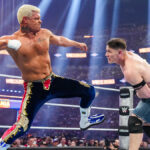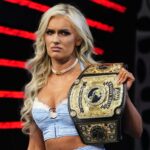WWE often favors second and third-generation wrestlers in their developmental programs because these individuals are familiar with the wrestling industry through their family ties. Their upbringing in wrestling families gives them certain advantages over newcomers. For example, Randy Orton, a third-generation wrestler whose father Bob Orton Jr. was also a WWE performer, benefited from his father’s experience, even though Bob himself wasn’t very successful. However, not all wrestlers from wrestling families reach Randy’s level of success.
Jake Carter (real name Jesse Allen White), the son of WWE Hall of Famer Vader, began his career in 2009 and joined WWE’s developmental system in 2011. Despite early success like winning the FCW Florida Tag Team Championship with Corey Graves, he never attained his father’s prominence and retired from wrestling in 2015.
Ted Dibiase Jr. (Theodore Marvin Dibiase Jr.), son of the legendary “Million Dollar Man,” worked in WWE from 2007 to 2013. While he wasn’t a main event star, he achieved some success including winning the Southern Heavyweight and World Tag Team Championships but was unable to match his father’s charisma and impact.
David Flair, son of WWE legend Ric Flair, had an unsuccessful career in both WCW and WWE. Though he briefly held the U.S. Championship without a strong wrestling background and signed a developmental contract in 2001, he failed to leave a positive mark in the wrestling industry.
Richie Steamboat (Richard Henry Brad Jr.), son of Ricky Steamboat, showed great promise. Signing with WWE in 2009, he won several titles in FCW and worked with future stars. Unfortunately, a back injury forced his early retirement in 2012.
Brett Dibiase, younger brother of Ted Dibiase Jr., debuted with FCW in 2008 and won the Florida Tag Team Championship. His wrestling career was cut short by a knee injury, leading to his retirement by 2011.
Sim Snuka (James Wiley Smith Thomas Leah Snuka), son of Jimmy Snuka, competed in WWE as part of the tag team Deuce ‘n Domino, capturing WWE Tag Team Gold. Despite efforts to connect him to his famous father, he never rose to significant stardom and was released in 2009.
Manu, a member of the famous Anoai wrestling family and cousin to Roman Reigns, signed with WWE in 2006 and had a brief main roster appearance with Randy Orton’s Legacy. His career stalled after a wellness policy suspension and being kicked out of the group.
Lacey Von Erich (Lacey Dawn Adkison), granddaughter of Fritz Von Erich, trained with WWE’s FCW in 2007. Though her wrestling career was brief, she made a name for herself in TNA as a Knockout Tag Team Champion.
Shaul Guerrero, daughter of Eddie Guerrero, signed a developmental contract in 2010. Despite the weight of her legendary last name, she was not allowed to use it in WWE. Her career included multiple FCW titles before departing WWE in 2014.
Eric Watts, son of promoter Bill Watts, wrestled briefly in WWE under the name Troy in the mid-1990s. His career was marked by poor fan reception, likely due to limited experience and obvious nepotism, leading to his quick release.
—
Fan Take: This overview of legacy wrestlers highlights how family ties can both open doors and create heavy expectations within WWE. For fans, it’s a reminder that wrestling success requires more than just pedigree—it takes talent, charisma, and timing, shaping the future of the sport by blending heritage with new skill.



